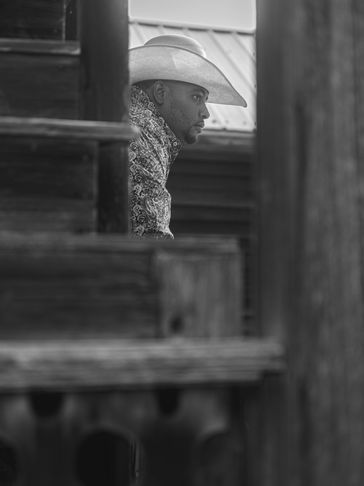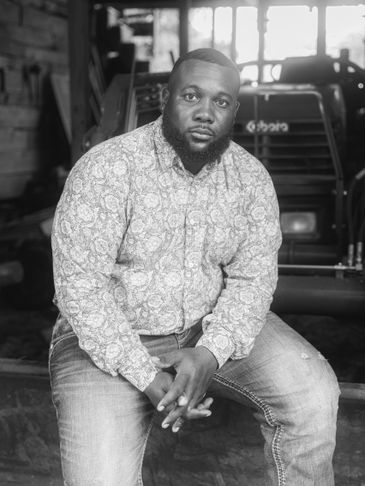Boucherie

Brice DeClouet

Jocorey Houston

Shane Boagni
Shane Boagni

The Boucherie Tradition
For Creoles of Color in Louisiana, the boucherie was never just about food — it was survival, community, and culture. Long before grocery stores and refrigeration, families and neighbors came together to raise, butcher, and prepare a hog so that nothing went to waste. It was how people endured the winter, how they provided for large families, and how every part of the animal was honored.
Before it was romanticized, packaged as heritage, or credited to another demographic, the boucherie was simply our way of life. It was resourcefulness born of necessity — and a gathering that carried memory. Because our ancestors were denied the right to read and write, oral history became the way knowledge survived. Around the fire, stories were told, songs were sung, and Creole French was spoken freely. The boucherie preserved not just food, but identity.

The Experience at Creole Culture Day
At Creole Culture Day, visitors are invited to step into this living tradition. The day begins early at 6:00 am with the butchering of the hog and continues as demonstrators prepare boudin, cracklins, and meats cooked over the fire pit. Guests can choose to take part hands-on — stirring, cutting, or learning the craft directly — or simply watch and take it in as spectators.
Either way, the goal is connection: to experience what your grandparents and great-grandparents once did, or to share it with children and grandchildren who have never seen it before. As it always was, the food prepared from the hog will be shared freely with the public — because this tradition has always been about community.

Families and Community
The boucherie at Creole Culture Day carries the permanent name of The Leonard Jones Sr. Boucherie, in honor of a man whose life reflected family, land, and culture. This naming is not a passing tribute, but a lasting reminder of why preservation matters.
His grandson, Jocorey Houston, now under 30 years old, has the knowledge and skill to lead a full boucherie of his own. That is the ultimate definition of culture preserved: a tradition handed down, still alive in the next generation.
Several of the families leading the boucherie are also featured in the upcoming documentary The Old Way Still Cuts: A Creole Boucherie. Their presence at Creole Culture Day shows that boucheries are not relics or re-enactments, but living practices rooted in Creoles of Color identity, Creole French language, and the resilience of families who continue to carry them forward.

Why It Matters Today
The boucherie is a reminder of endurance. Our ancestors survived enslavement, Jim Crow, and systemic erasure, yet they built spaces where culture thrived — around a hog, a fire, and a community gathered close. Here, children learned their first words in Creole French, elders passed on recipes and methods, and families built strength together.
Today, the Leonard Jones Sr. Boucherie is more than a demonstration. It is survival remembered, ownership reclaimed, and a space for cultural transmission. To stand at the fire is to honor those who came before, to take part in an unbroken chain of knowledge, and to ensure these stories and flavors remain alive for generations to come.
This website uses cookies.
We use cookies to analyze website traffic and optimize your website experience. By accepting our use of cookies, your data will be aggregated with all other user data.